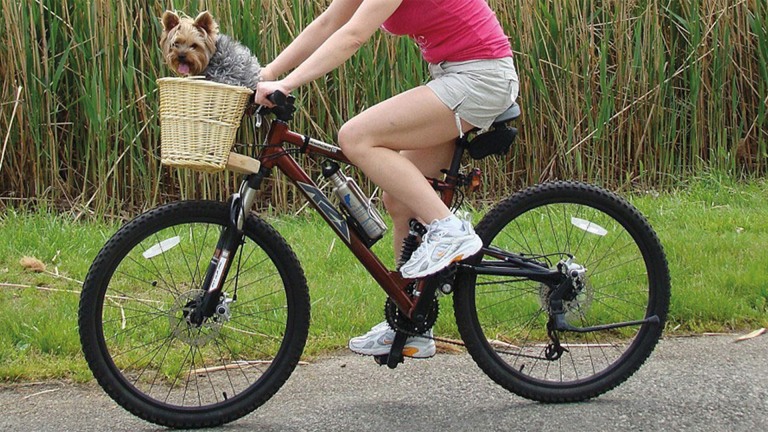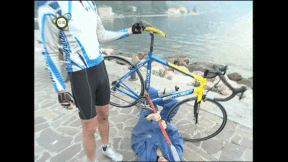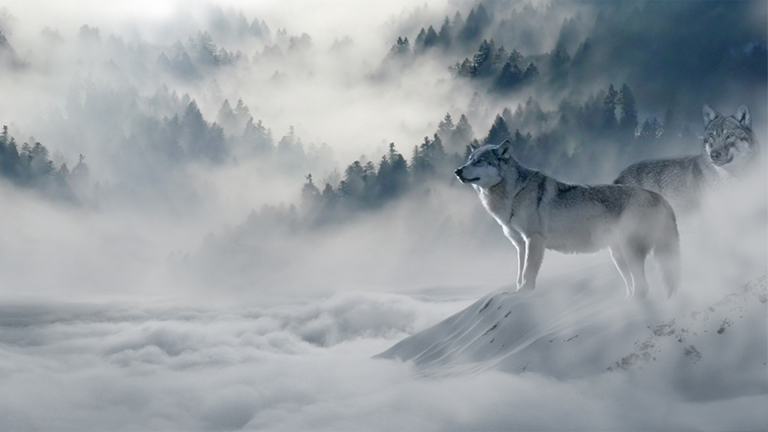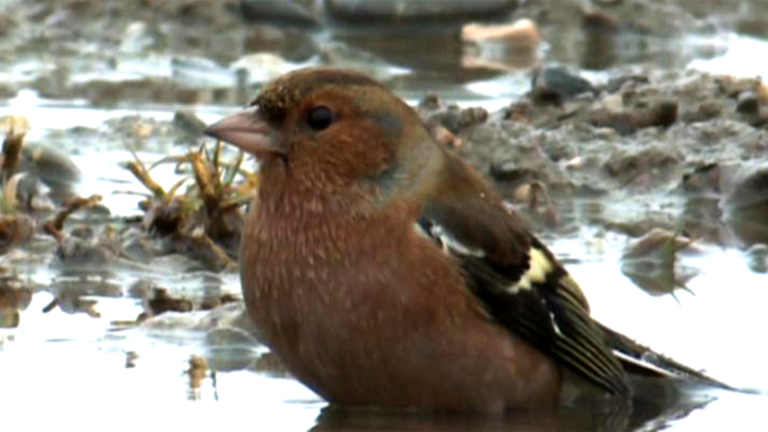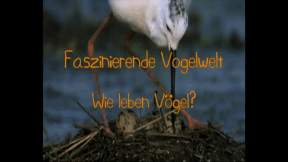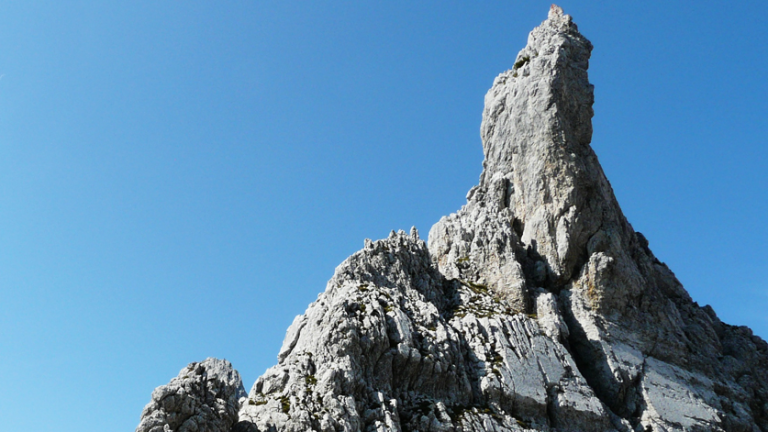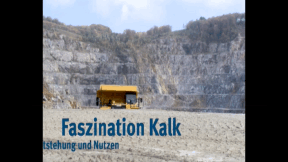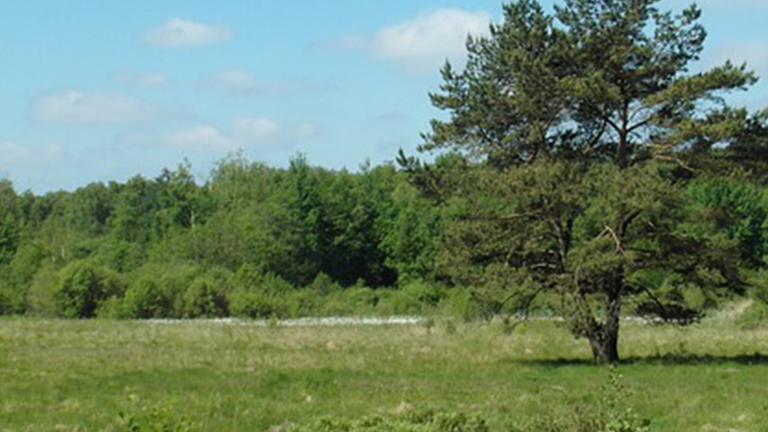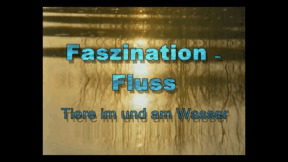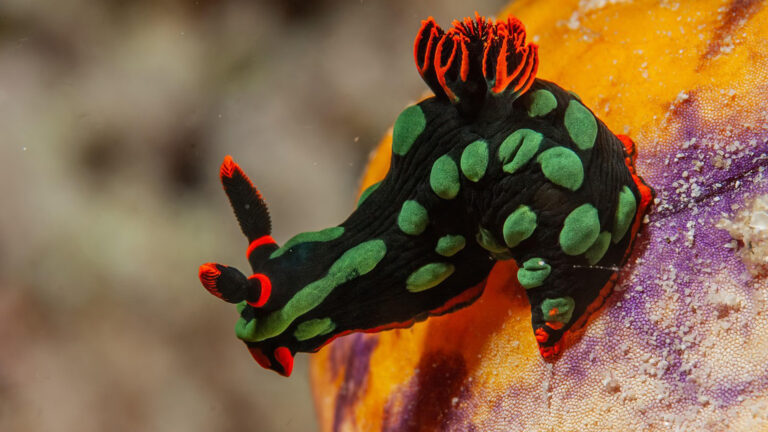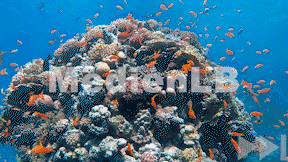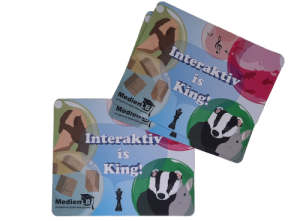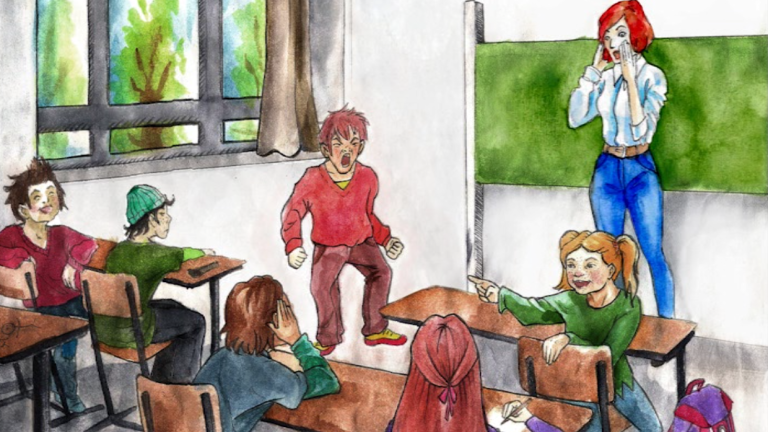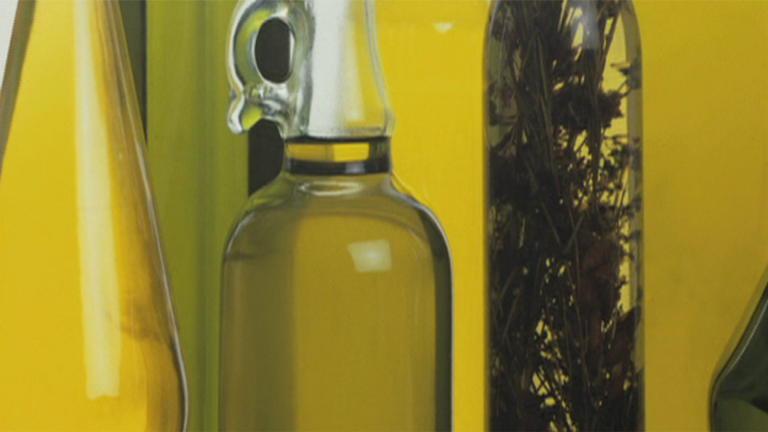Suche:
- # Artistry
- # Biology
- # Chemistry
- # Ecological
- # Economy
- # English
- # Foreign Language
- # Geography
- # German
- # Health
- # History
- # Informatik
- # Latin
- # Mathematics
- # Media Education
- # Music
- # Physics
- # Politics / Civics
- # Preschool
- # Primary School
- # Religion
- # Society
- # Sports
- # Technology
- # Training of Teachers
- # Vocational Education
Fahrrad
Das Fahrrad ist nicht nur das erste Individualverkehrsmittel gewesen, es ist bis heute auch das preiswerteste geblieben. Fahrradfahren ist zum Lieblingssport der Deutschen geworden. Fero Andersen macht auf dem Rennrad eine Rundtour um den Gardasee. Mit dabei ist ein Fahrradprofi und ein eher untrainierter Mensch – was passiert im Körper der drei Radler? Ist Fahrradfahren wirklich so gesund wie angepriesen und wenn ja, warum? Joey Grit Winkler nimmt mithilfe eines Profis die verschiedenen Fahrradtypen unter die Lupe und erklärt ihre Vorzüge: Rennrad, Mountainbike, Trekkingrad, Cruiser und Co. – für welches Terrain eignen sie sich am besten? Die Redewendung „Das ist wie das Fahrradfahren – das verlernt man nie!“ wird häufig verwendet. Wir gehen der Sache auf den Grund: Welche Fähigkeiten brauchen wir, um Rad zu fahren, und warum verlernen wir es nie? Ein modernes Fahrrad besteht aus Tausenden von Einzelteilen – wir zeigen, wie aufwendig die Produktion der heutigen High-Tech-Fahrräder ist und wie akribisch die Fahrräder getestet werden. Was muss ein Fahrrad alles haben, um in Deutschland eine Straßenzulassung zu erhalten? Außerdem in der Sendung: Wie viel hält ein Fahrradhelm aus? Wie schwer sind Fahrradschlösser zu knacken? Dazu gibt es die besten Tipps von einem Fahrraddoktor, wie man ein Fahrrad schnell und einfach repariert.
Learn moreFairy Tales
Helga Josefa Sophie loves fairy tales. When she was little, her mother read her the ancient stories. Later her children and then her grandson Janik listened spellbound when she read from the fairy tale kingdom between reality and the magical world.
Learn moreFake News
Otto von Bismarck sagte einst: „Es wird niemals so viel gelogen wie vor der Wahl, während des Krieges und nach der Jagd.“ Auch er selbst nutzte gefälschte Nachrichten, heute nennt man sie „Fake News“, um einen politischen oder strategischen Vorteil zu erlangen.
Learn moreFamilie
Mutter, Vater und die Kinder – das ist, was in den Sinn kommt, wenn man das Wort „Familie“ denkt.
Learn moreFascinating Bird World
Millions of different bird species live on earth. A blackbird, a flamingo, an eagle, a kiwi and a penguin look very different. By adapting to their specific habitats and eating habits their bodies have changed.
Learn moreFascination Lime
Many products used in everyday life are impossible without lime. These are, among others, glass, sugar, paper as well as pharmaceutical and cosmetic products. The raw material is also indispensable in the construction materials industry. Iron and steel producers need limestone, in environmental protection it is used, for example, for air cleaning and drinking water purification.
Learn moreFascination River
Brooks and rivers cross our country. They burst their banks in their natural course and form many habitats for plants and animals. Let us start on a journey of discovery together and experience nature in all its diversity along an intact river system with running and stagnant waters. Water is the source of life on our planet. The sturgeon is among to the oldest species alive on earth today. Sturgeons are also called “living fossils”, since they occurred already 250 million years ago and have survived, contrary to dinosaurs. The sturgeon spends most of its time at sea. But at the onset of sexual maturity the fish wanders hundreds of kilometres upstream for spawning. The eggs of the sturgeon are caviar. As it is also a popular food fish, it was almost exterminated due to intensive fishing and the loss of its natural habitats. For a couple of years, the sturgeon has been returned to the wild in the rivers Oder and Elbe and one day maybe you'll have the chance to watch it circling around at the bottom of the river.
Learn moreFaszinierende Nacktkiemer
Nacktkiemer überleben ohne schützendes Gehäuse im Meer. Durch beeindruckende Unterwasseraufnahmen und Animationen lernen die Schüler die besonderen Anpassungen dieser Tiere kennen, etwa ihre giftigen Hautstoffe zur Abwehr von Fressfeinden.
Learn moreFederal President
The Federal President holds the highest office in the Federal Republic of Germany.
Learn moreFeelings
Feelings belong to humans like their noses and ears or like eating and breathing.
Learn moreFette und Öle
Das Verhältnis zu Fett ist zwiespältig. Die einen streichen es aus ihrer Ernährung, die anderen geben horrende Summen für kaltgepresstes Olivenöl und seltenes Arganöl aus, um gesunde Fette zu sich zu nehmen. Dabei braucht der menschliche Organismus Fett um richtig funktionieren zu können. "Schau dich schlau!" nimmt Öle und Fette wie Oliven- und Sonnenblumenöl, Butter und Margarine unter die Lupe und zeigt, warum unser Körper darauf angewiesen ist um seine volle Leistung bringen zu können. Joey Grit Winkler und Fero Andersen wühlen sich durch den Ernährungsdschungel und entlarven typische Fettfallen. Von welchen Produkten sollte man die Finger lassen, weil sie viel fetter sind als wir annehmen? Je besser ein Gericht schmeckt, desto mehr Fett beinhaltet es in der Regel. Denn Fett ist ein Geschmacksverstärker. So zum Beispiel in Käse und Wurstsorten, aber auch in Gerichten wie Pommes oder Fischstäbchen, die frittiert werden. Um nicht auf diese Leckereien verzichten zu müssen, zeigt Fero Andersen wie man richtig frittiert und dabei nicht mehr Öl als nötig verwendet. Wer mit Fett brät, läuft bei falschem Umgang schnell Gefahr, eine Explosion oder einen Brand zu entfachen. Deshalb zeigt "Schau dich schlau!", wie sich dieses unnötige Risiko vermeiden lässt und wie – sollte der Fall doch eintreten – ein Fettbrand gelöscht werden kann.
Learn more



